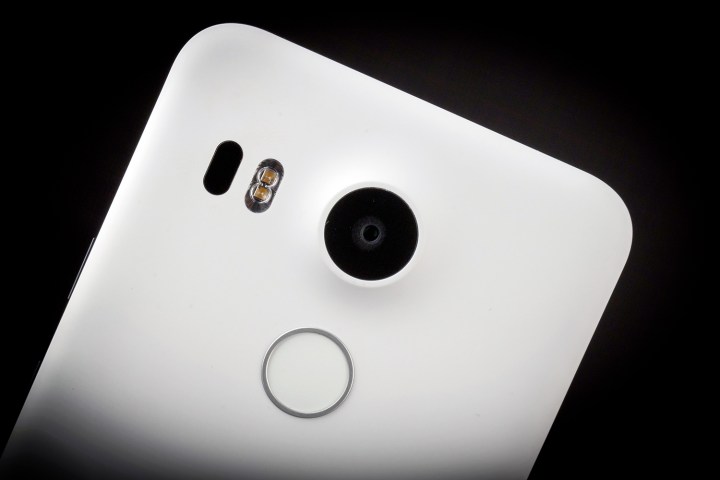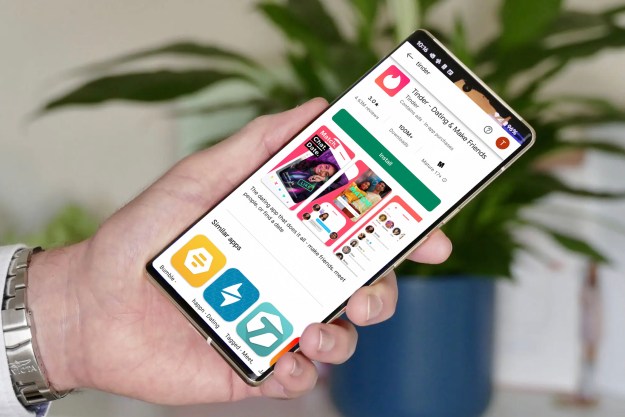
The app is no longer available on the Google Play Store, according to an Android One support page. It essentially would detect issues on a device, and would offer tips detailing features as well as ones to improve performance. It was a bare bones app that really only benefited a small group of users — those in the Android One program, Google Play Edition devices, or the Nexus lineup.
The Google Play Edition is more or less dead — it was a program that offered consumers a stock Android variant of select devices from various manufacturers, including the Samsung Galaxy S4, the HTC One, and the Moto G.
The Android One program has also suffered due to lack of attention from Google — only one device participated in the Android 7.0 Nougat beta, and the company’s main website lists 5.1 Lollipop as the “latest and fastest” version of
Only Google’s Nexus devices seem to retain the most amount of attention, but even then the devices aren’t close to being as popular as smartphones offered by other manufacturers like Samsung.
It makes sense that Device Assist was shuttered. Most Android manufacturers tend to layer devices with their own skin or theme of
Editors' Recommendations
- The 6 biggest announcements we expect from Google I/O 2024
- Google is launching a powerful new AI app for your Android phone
- Google just redesigned one of its biggest apps, and it’s bad
- No, you really don’t need Google Assistant on your smartwatch
- Forget ChatGPT — Siri and Google Assistant do these 4 things better

